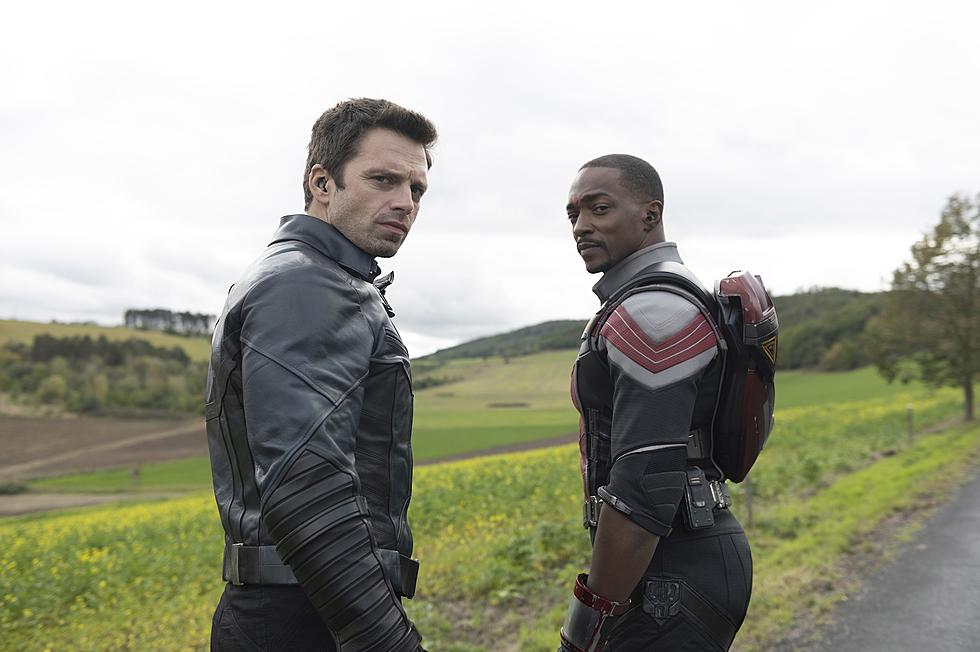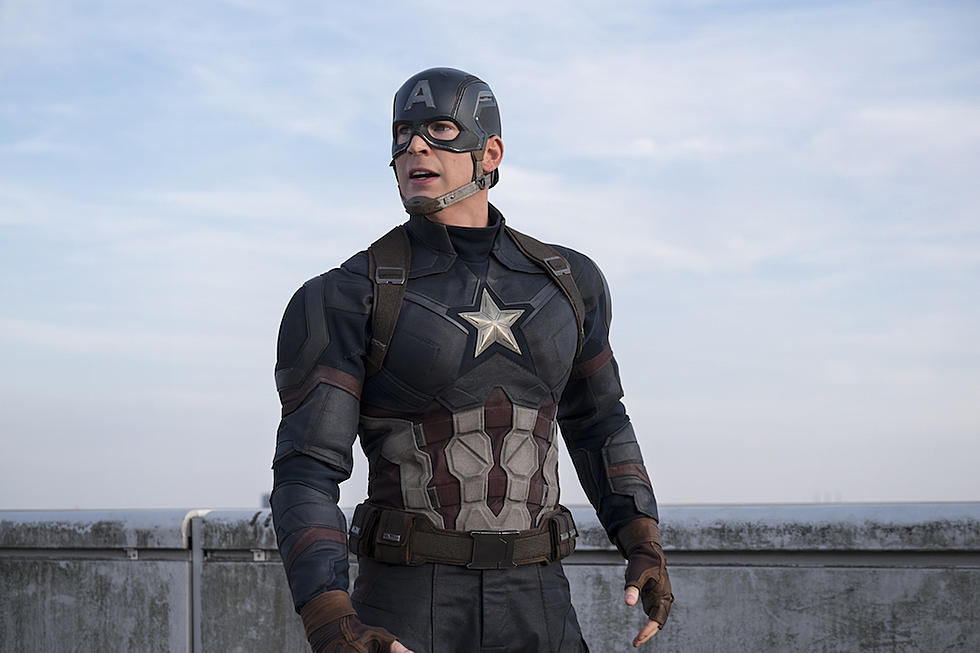
Supreme Intelligence: Celebrating the Marvelous Career of Mark Gruenwald
Writer. Editor. Artist. Comedian. Mark Gruenwald was a man of many talents, who wore many hats over the course of his life. Born in Wisconsin on this day in 1953, he grew up loving comics, contributed to various fanzines and comic-themed publications, and in 1977, published the first issue of his own Omniverse, a comprehensive dissection of alternate-universe continuities. The next year, he began working for Marvel as a writer and assistant editor, and quickly proved himself to be an essential asset to the company, both as an employee, and as an all-around morale booster – his high spirits and penchant for practical jokes are the stuff of industry legend.
His first regular creative assignment was taking over from Marv Wolfman as writer of Spider-Woman, and from that moment on, he seemed to be everywhere; being promoted to full editor in 1982, co-writing the Contest Of Champions crossover series, creating and masterminding The Official Handbook Of The Marvel Universe, writing and pencilling Hawkeye's 1983 limited series, and contributing to countless other titles.
But it was in 1985 that he would solidify his legacy, and launch the two projects that are generally considered his greatest achievements. In July, he took over as writer of Captain America, and he would guide the character for a ten-year run wherein he co-created a number of important supporting characters (including the Super Patriot/USAgent, Vagabond, Flag-Smasher, the Serpent Society, and Crossbones), and authored some of the most memorable stories of the '80s (including the famous sequence when Steve Rogers chooses to turn in his shield, rather than become a stooge for the US Government).
Two months after he took on the Captain America gig, Marvel released the first issue of Gruenwald's Squadron Supreme, a twelve-issue limited series that broke down superhero archetypes in fairly shocking fashion, telling of a parallel earth where the world's most powerful beings try to use their powers to build a better world, and the mess that results.
(The series is sometimes referred to as "Marvel's Watchmen", though that's not terribly accurate. Squadron Supreme concluded the month before Watchmen #1 hit stands, and though the two books some similar themes, they take very different approaches – Watchmen became a sensation not just because of its subject matter, but also for its structural and narrative innovations, while much of the power of SS derives from its outward resemblance to a traditional Marvel comic, and the dissonance that results when the story begins to deconstruct that source material.)
In 1986, he was immortalized in the pages of Thor by Walt Simonson, caricatured as the director of the multiverse-monitoring Time Variance Authority, as a tribute to his status as Marvel's in-house continuity expert.
To list just a few of his other notable accomplishments, he co-created and wrote the entirety of the New Universe title D.P.7, authored all but one issue of Quasar's sixty-issue run, wrote the "Mark's Remarks" column and served as a regular character in Rick Parker's "Bull's Eye" cartoons for Marvel's Bullpen Bulletins pages.
And in addition to his Marvel responsibilities, he co-created, wrote for, and starred in Cheap Laffs, a sketch comedy program on NYC Public Access cable that co-starred a number of his Marvel cohorts.
Tragically, Mark Gruenwald passed away in 1996, felled by a heart attack, but his presence is felt to this day in every corner of the Marvel universe, in every corny joke and trivia question, in every story that deals with the bizarre wonders of superhero continuity. His legacy is inarguable: innumerable fans, a legion of friends, and a body of work that stands among the industry's greatest. So today, on the anniversary of his birth, all of us here at ComicsAlliance are happy to celebrate Mark Gruenwald's life and contributions to comics. Thanks, Gru.
More From ComicsAlliance









